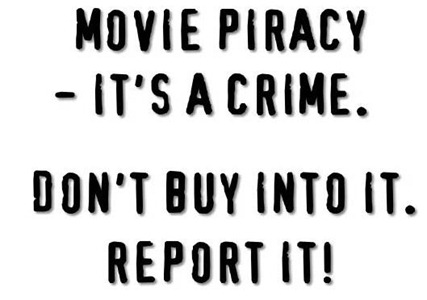There are a great number of arguments
regarding people who believe Piracy
should be legalized, and those who think it should remain illegal and further
use to be prevented. The arguments that
both sides present will be discussed in order to show whether Piracy is as much
of an issue as it is made out to be.
The first argument will consider the
effects of Piracy on the industry; that being the effect on sales, and what is being
done to stop it. The second argument will involve why Piracy can be beneficial
if it is under a controlled environment. The final argument will consider what will be
done in the future so that both people for and against it can both benefit.


